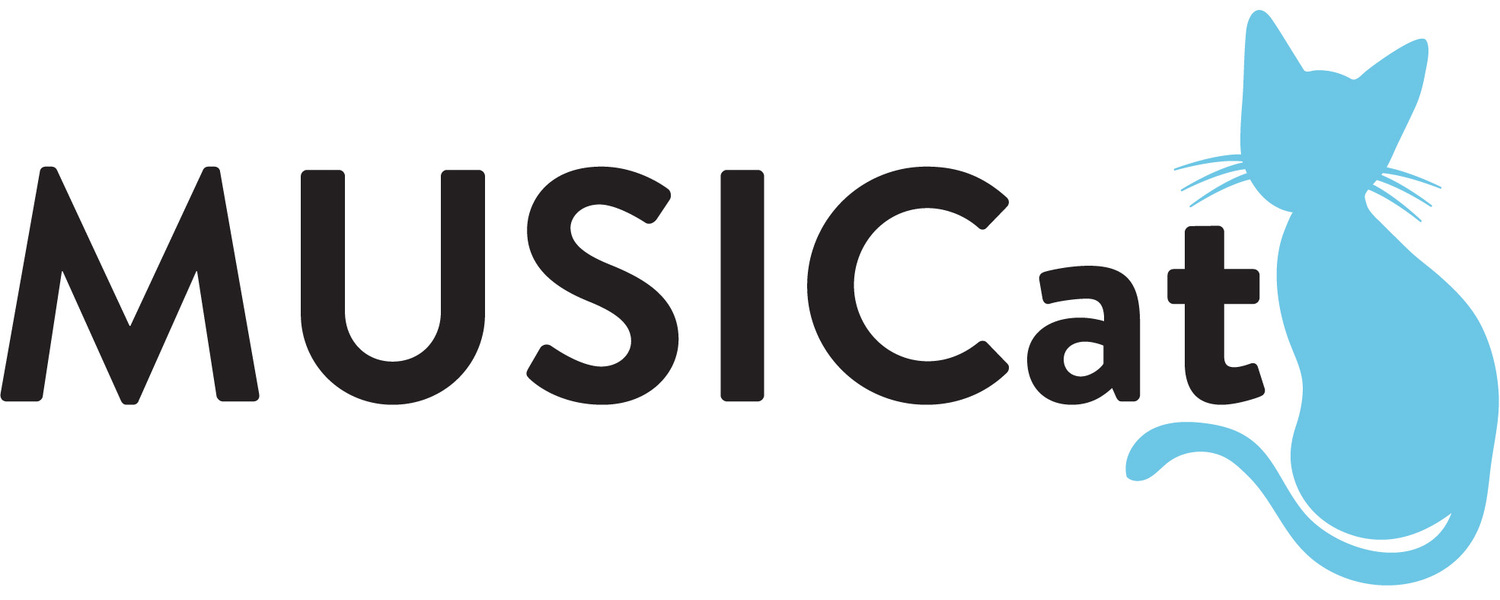On October 1, 2018, the Appleton Public Library in Wisconsin became the first library to open submissions for a local music collection using MUSICat Chorus, a new platform that empowers public libraries to collect, curate, license, and share local music with their communities. Appleton's FlipSide is accepting submissions through October 31 from artists with ties to the Fox Cities region.
MUSICat Chorus expands access to the groundbreaking MUSICat service already hosting collections in Edmonton, Nashville, Seattle, Madison, Minneapolis, Salt Lake City, Portland, and beyond. Imagined, developed, and proven with these public library partners, MUSICat Chorus offers libraries serving populations under 150,000 affordable, population-based pricing with no upfront fees. More libraries than ever can now share local music online, under artist license terms they control, with no holds, returns, or borrowing limits.
Following Appleton’s lead, the Davenport Public Library in Iowa and the L. E. Phillips Memorial Library in Eau Claire, Wisconsin will launch their own MUSICat Chorus sites later this fall. Rabble, the Madison- and Pittsburgh-based company that builds MUSICat Chorus, expects to launch several more library collections on the service by next summer.
“We’ve talked to dozens of librarians in small towns and rural areas around the world who want to build online local music collections, and we’re thrilled that MUSICat Chorus will make that possible for them,” says Rabble CEO and co-founder Kelly Hiser.
More than just “Spotify for libraries,” MUSICat empowers libraries to build projects that support local creative communities, respect and compensate artists for their work, protect user privacy, and facilitate library-led innovation under an open-source model. Using the MUSICat platform, libraries license albums directly from musicians while also compensating artists up front. The sites share streams and downloads with authenticated library card holders, and engage communities with media and information about local artists.
“The public library world is an incredibly exciting space right now,” says Hiser. “Library initiatives that celebrate and invest in what’s happening at the local level are generating tons of energy, and this energy isn’t limited to big cities. Libraries and musicians exist in communities of all sizes, and we're excited to help them imagine new ways to build public good together.”

